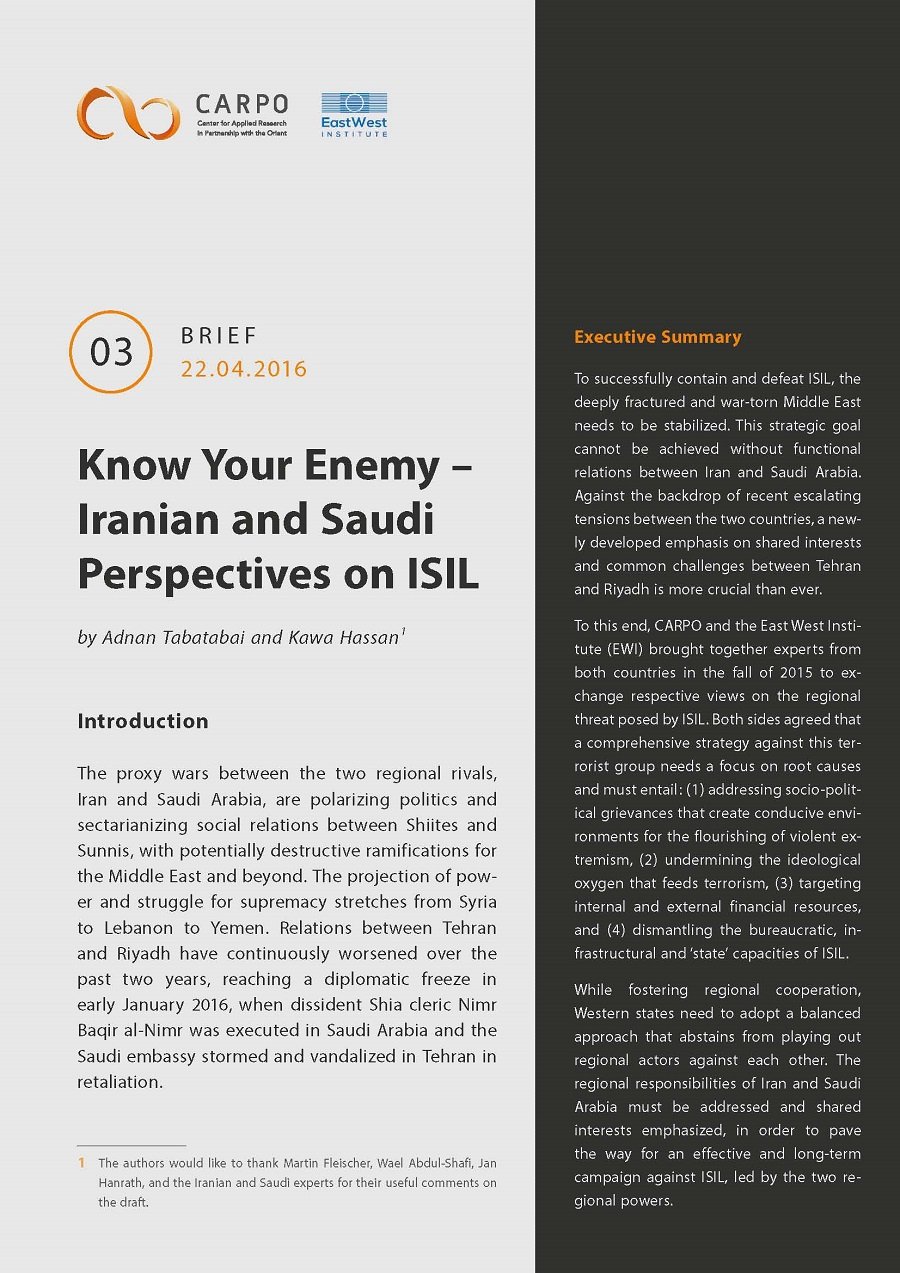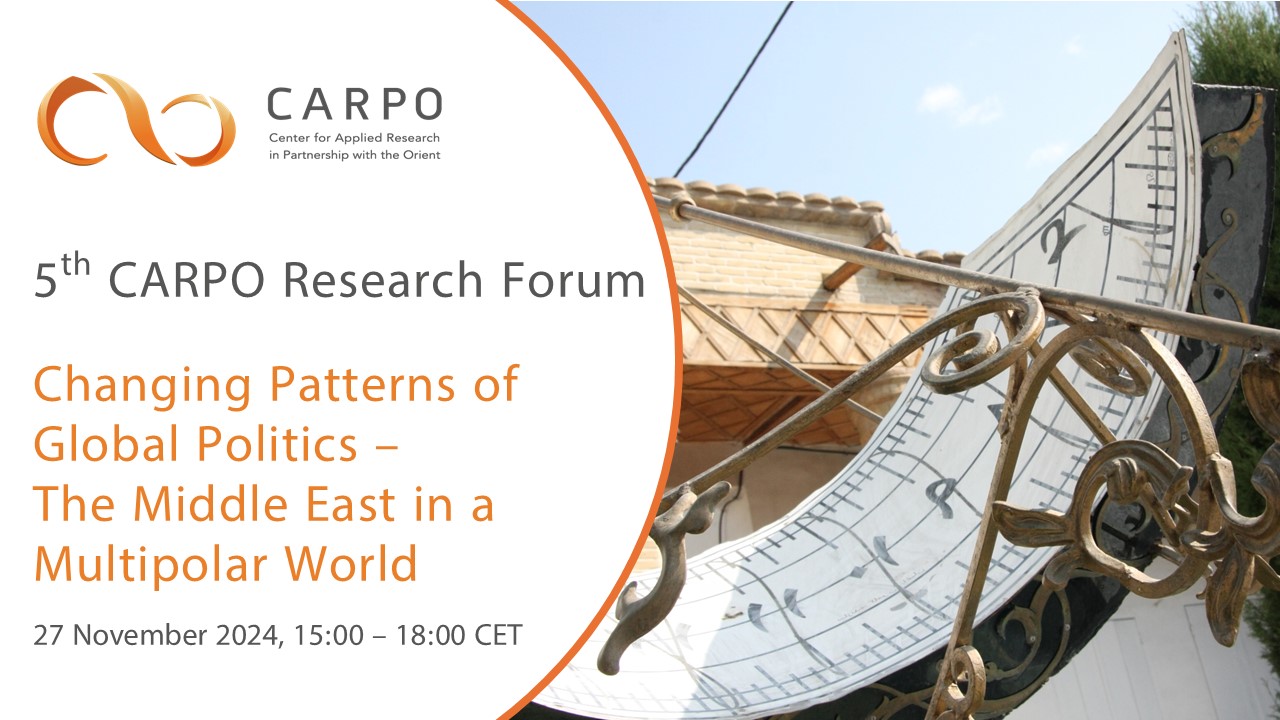
5th CARPO Research Forum: Changing Patterns of Global Politics – The Middle East in a Multipolar World
When: 27 November 2024, 15:00-18:00 (CET)
The current global order is undergoing profound changes towards a multipolar world. This shift is characterized by the increased assertiveness of the countries in the so-called Global South, actively seeking new alliances and partnerships beyond traditional Western allies. This realignment is particularly evident in the Middle East, especially within the Gulf Cooperation Council (GCC), as these countries orient themselves towards other world regions.
This year’s CARPO Research Forum will explore the global relationships of Middle Eastern countries within a shifting world order. The focus is on changes in global governance and the multipolar world, examining their implications for Middle Eastern actors. The discussions will highlight the evolving ties between the Middle East and regions of the so-called Global South, particularly Sub-Saharan Africa and Central Asia. Additionally, the forum will address Middle Eastern activities such as in conflict mediation, development cooperation, investment in sustainable technologies, energy diversification, and cultural and sports engagements, where they increasingly challenge traditional powers
In this context, the impact of these global changes on Europe is especially significant as it seeks greater strategic autonomy and new partnerships. Discussions will explore to what extent Europe must redefine its role in international politics and establish effective, equitable relationships with partners from the so-called Global South.
The CARPO Research Forum is a public online event for which everyone can register here.
Read moreCARPO Research Forum
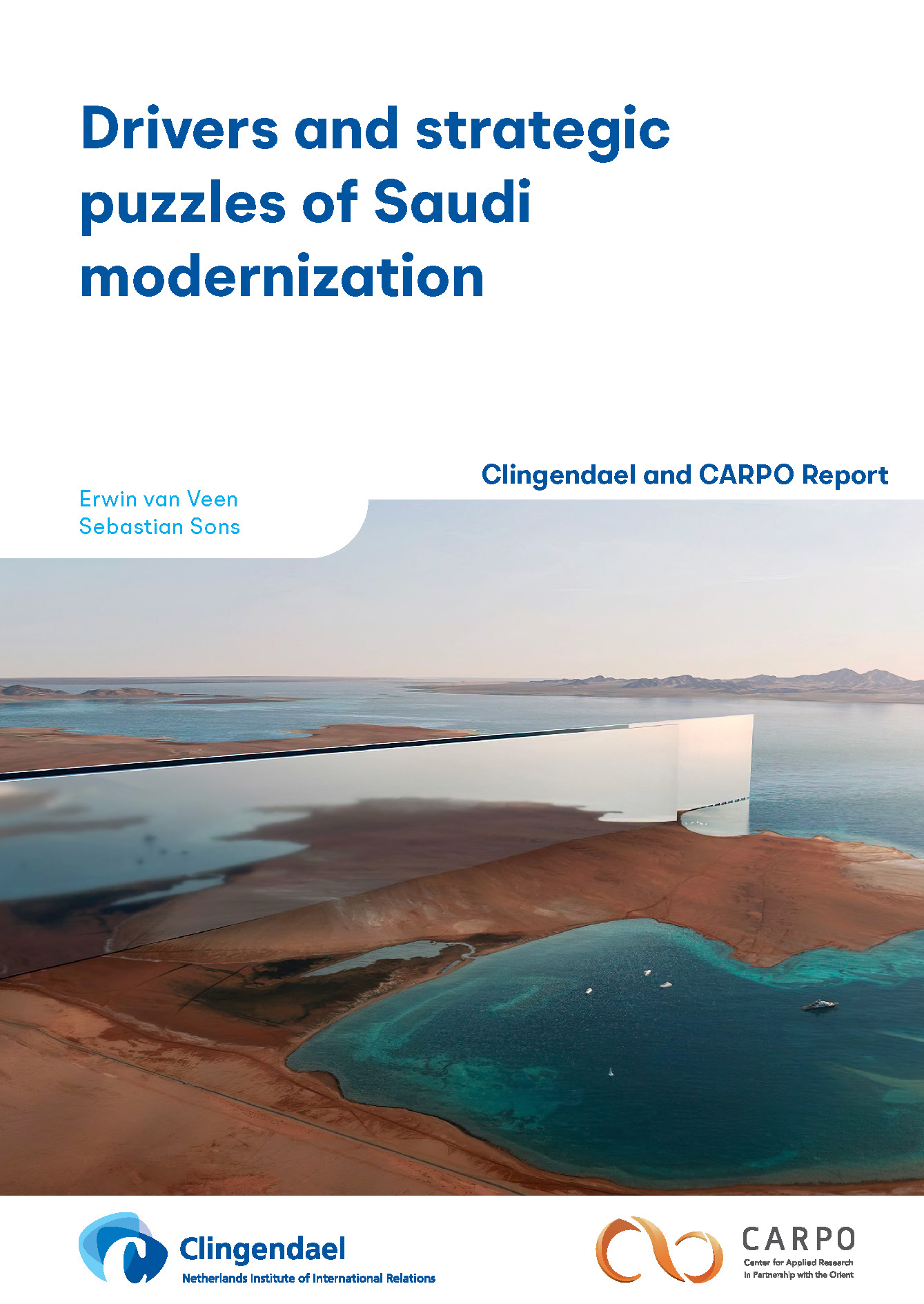
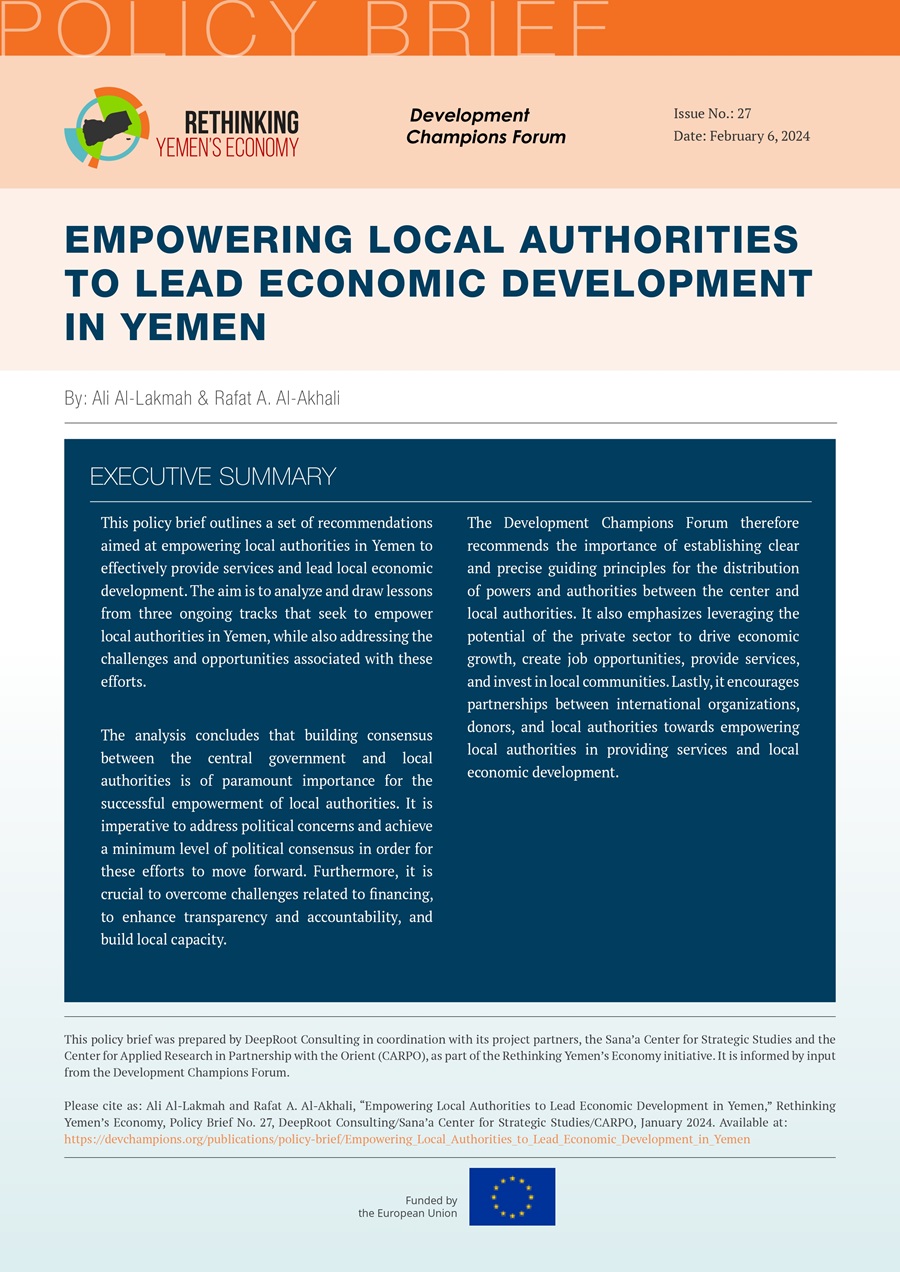
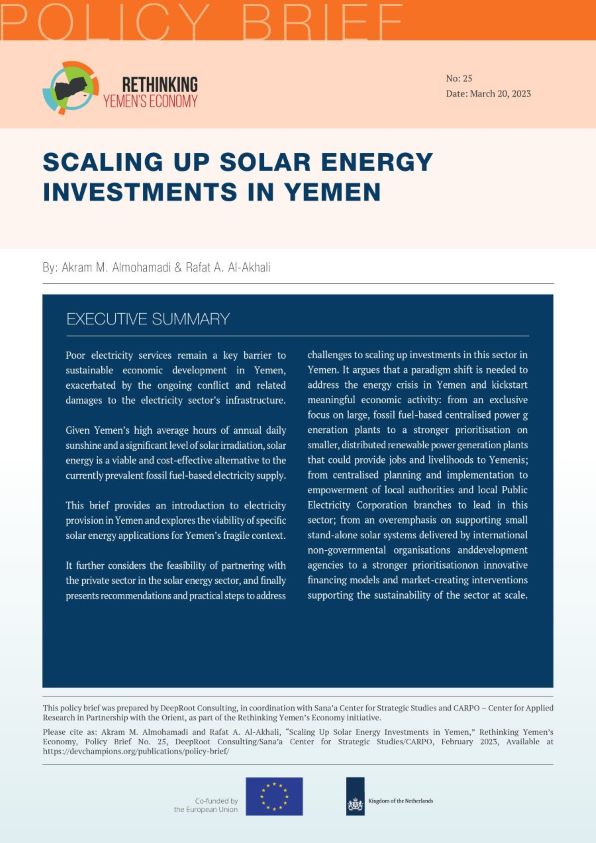
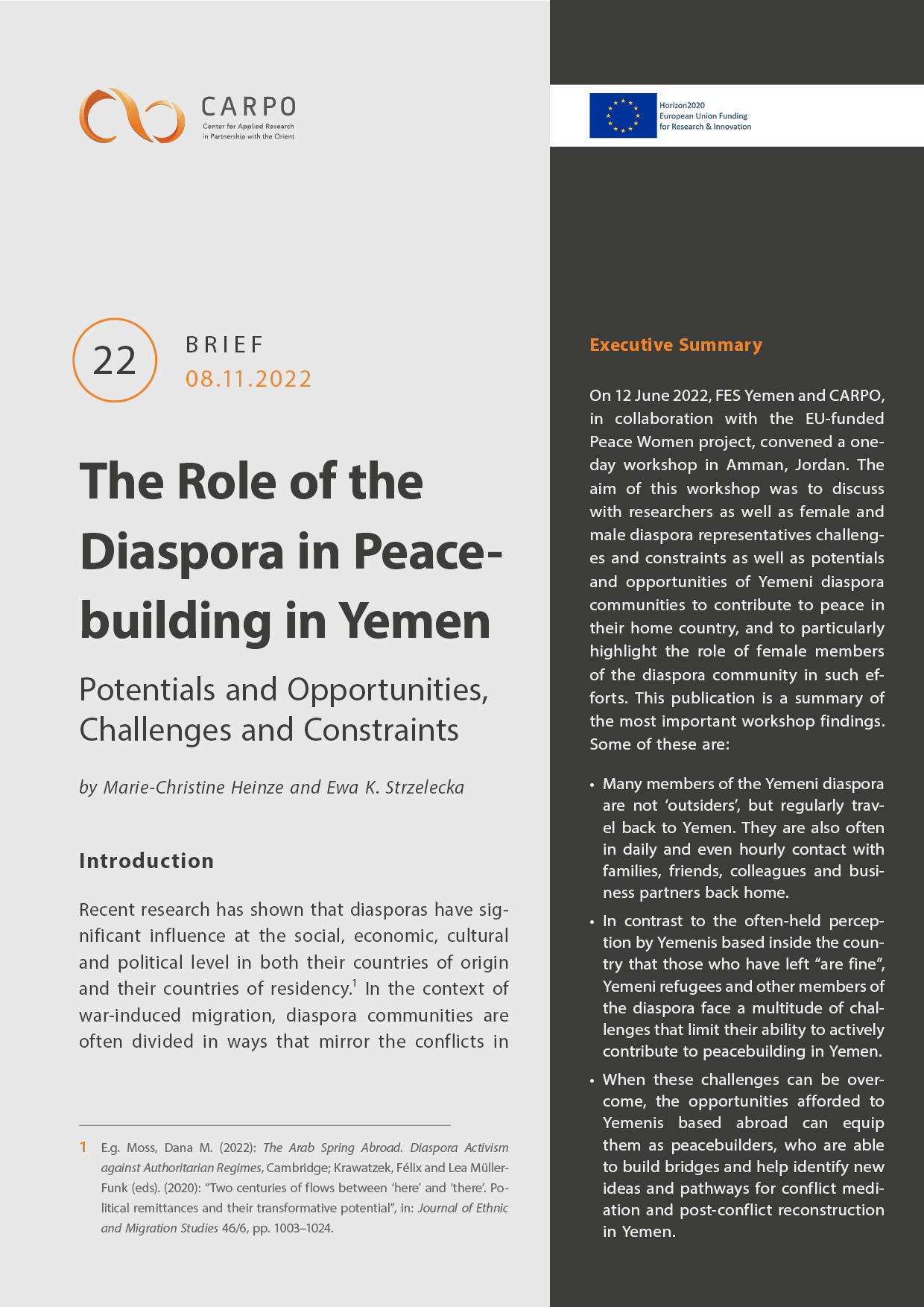



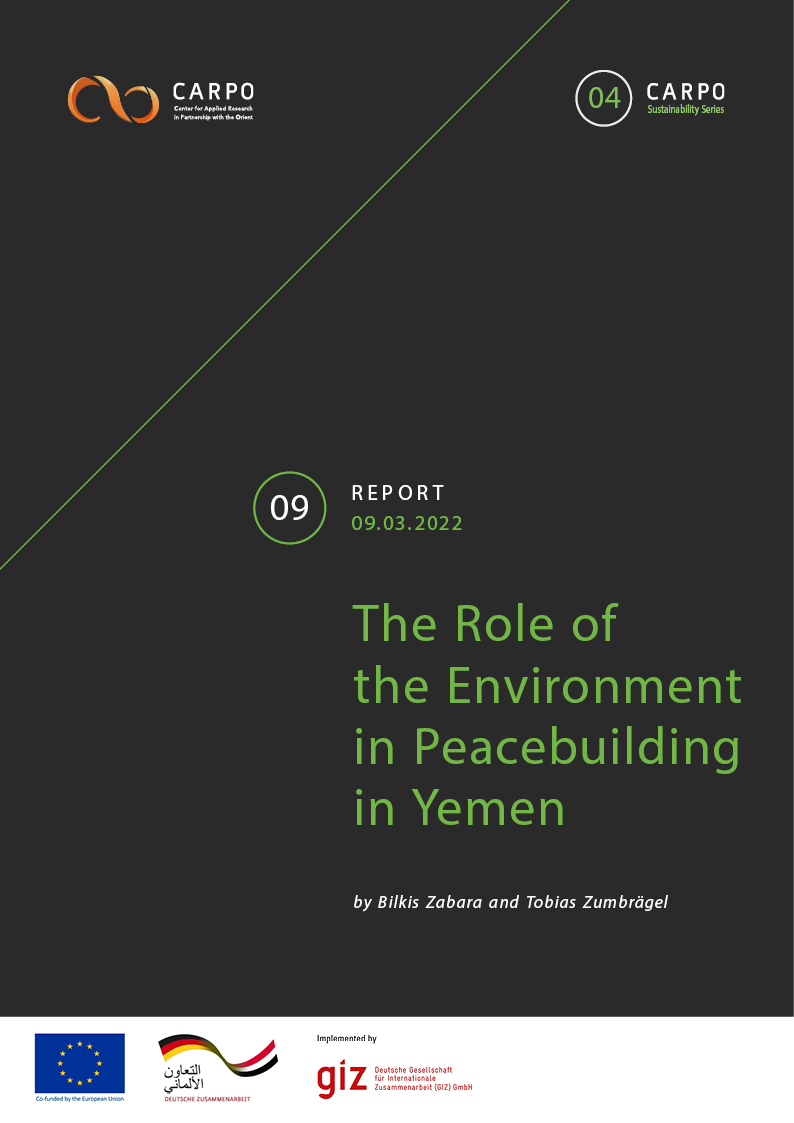
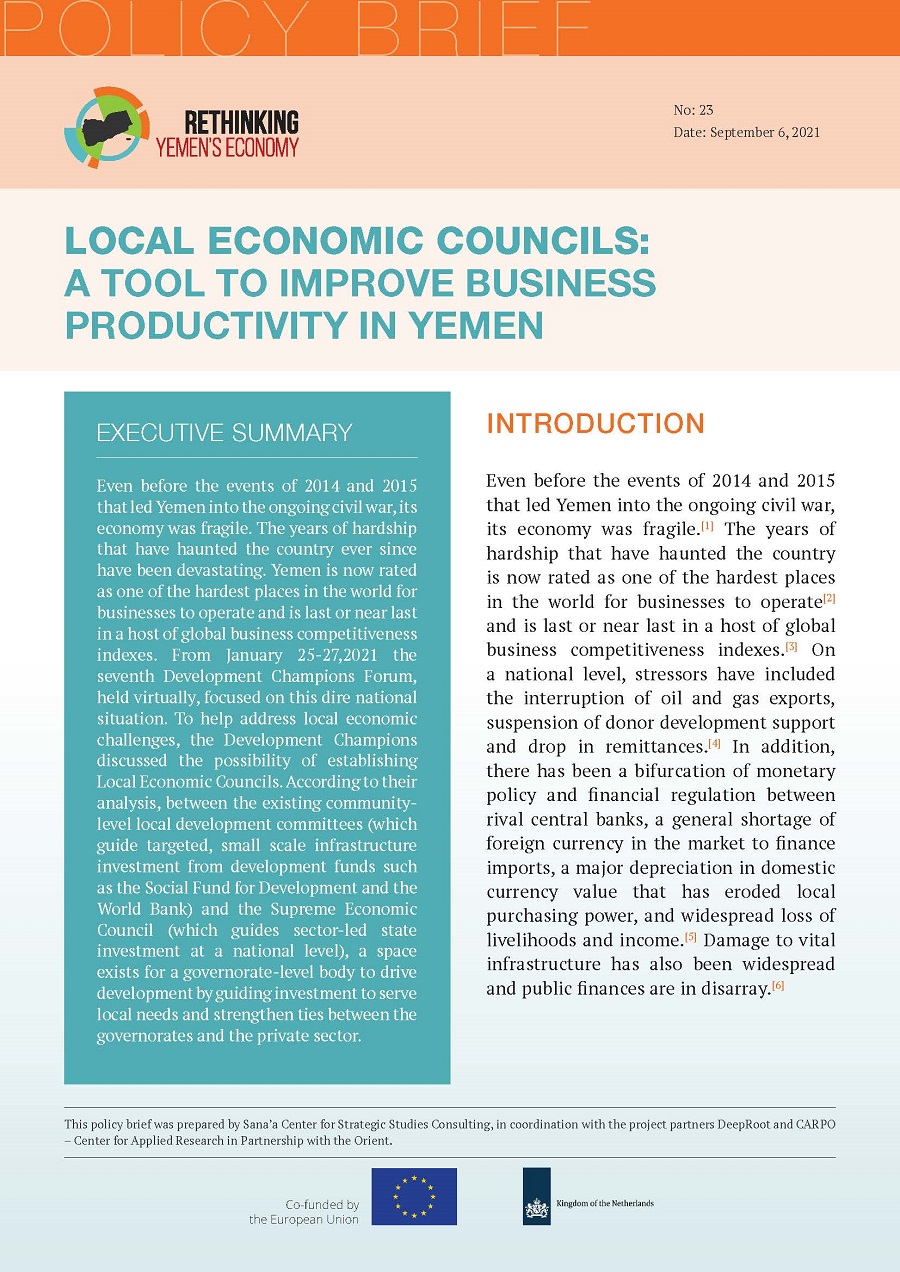
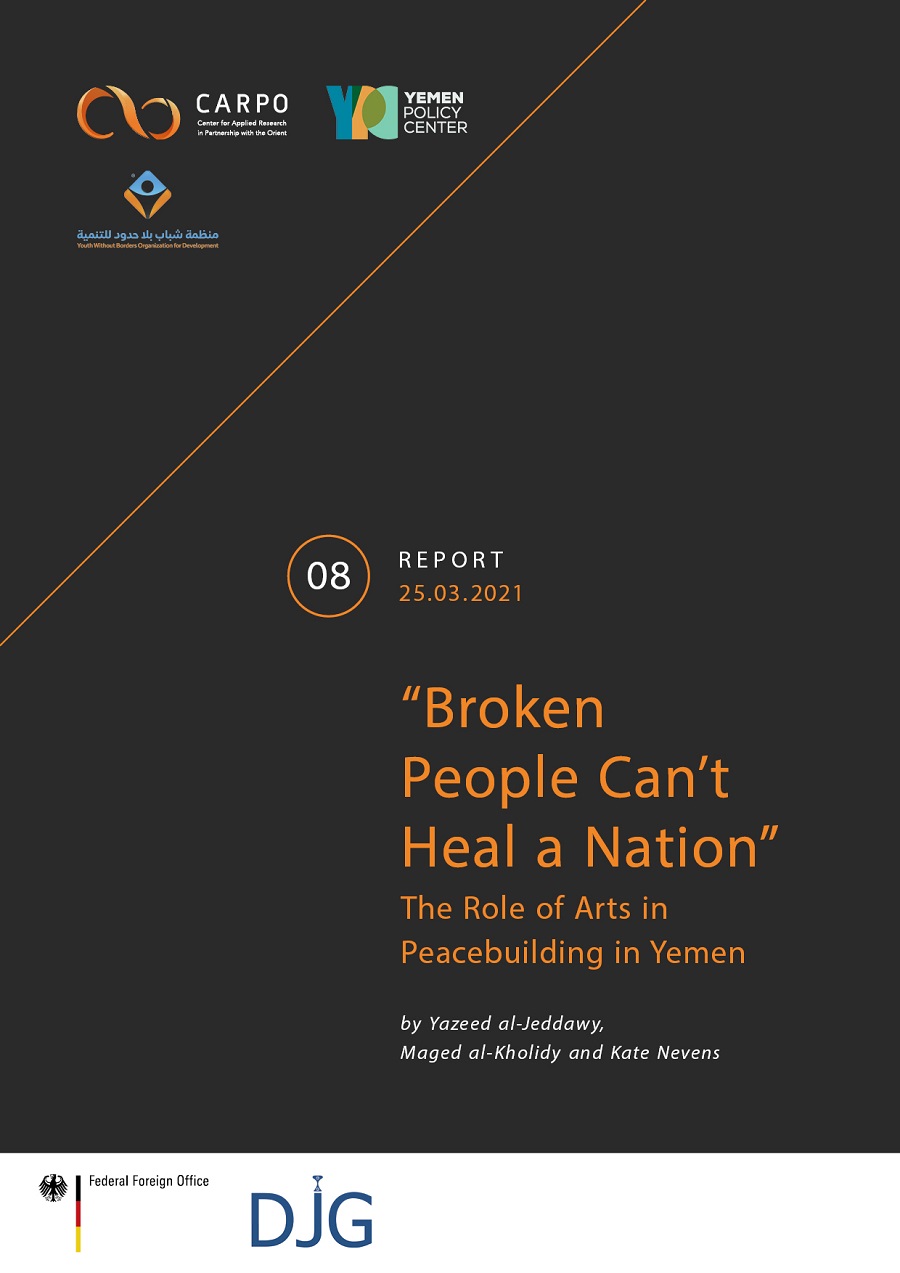
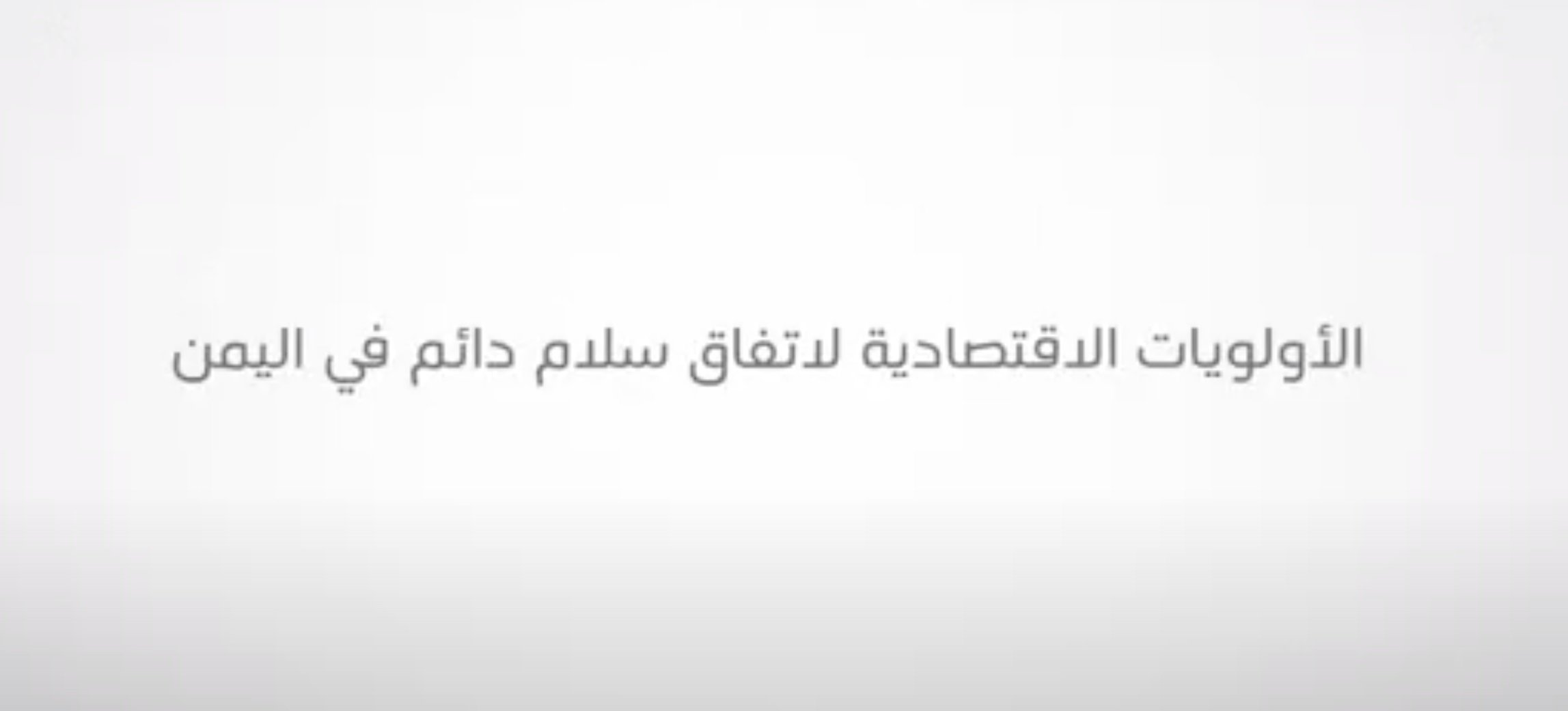
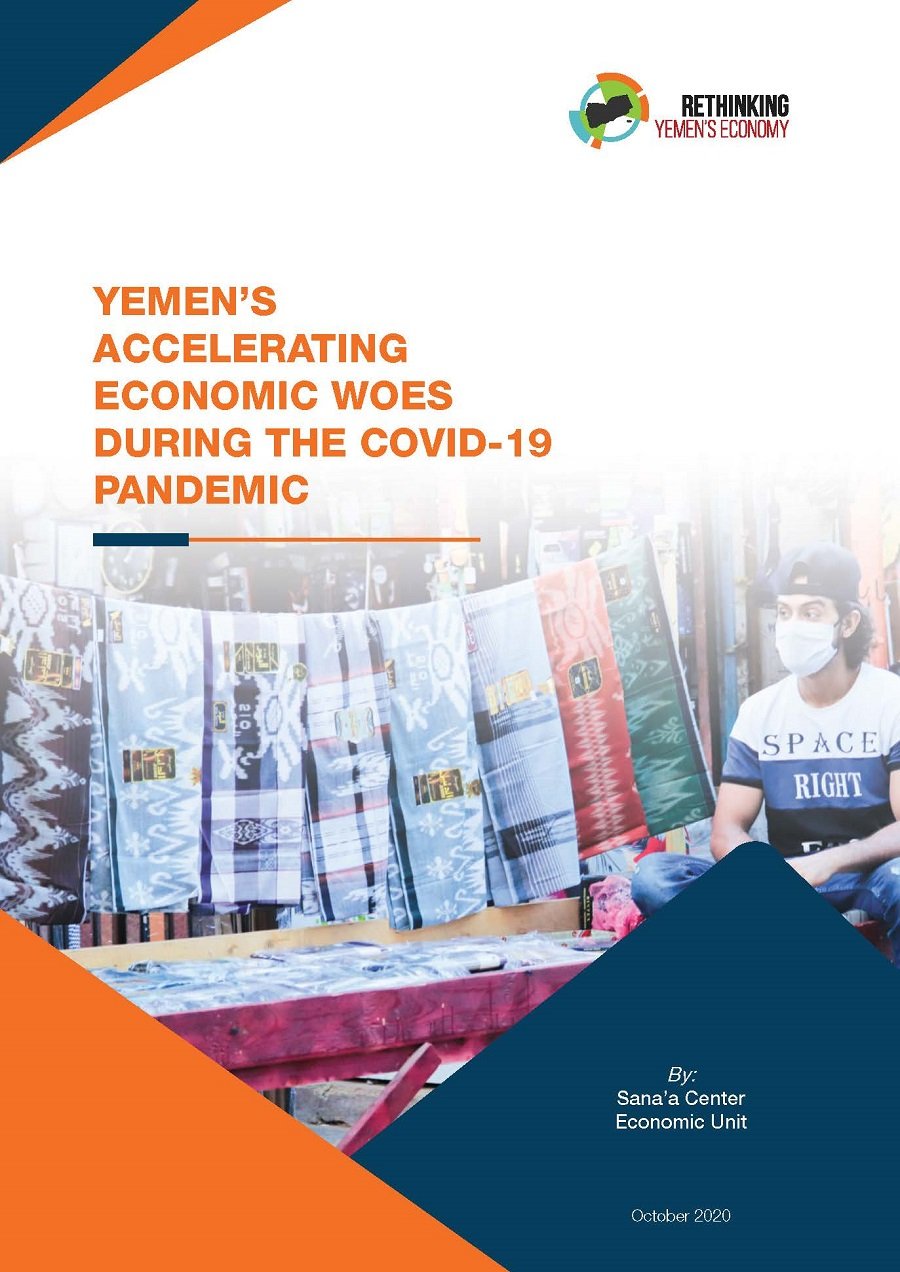
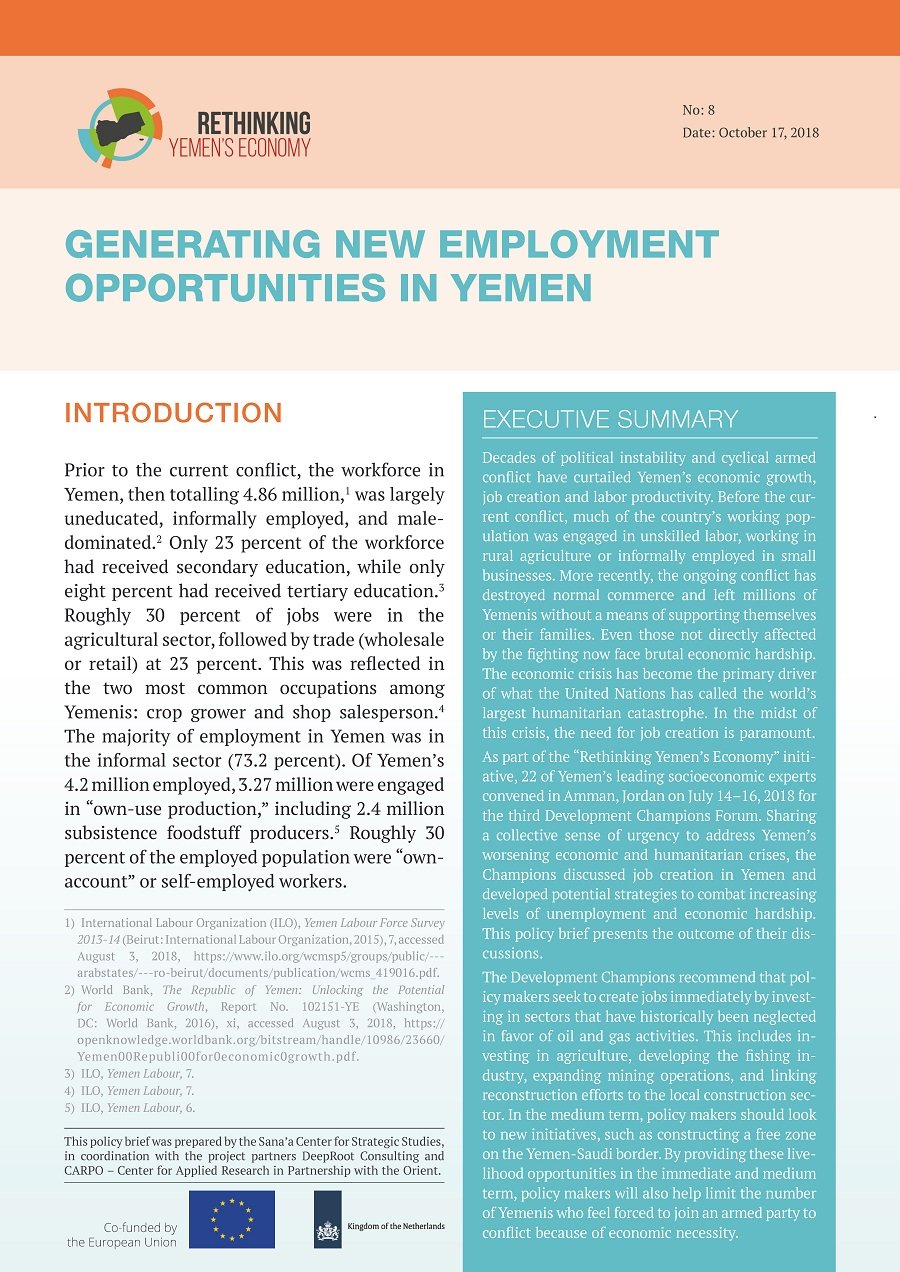
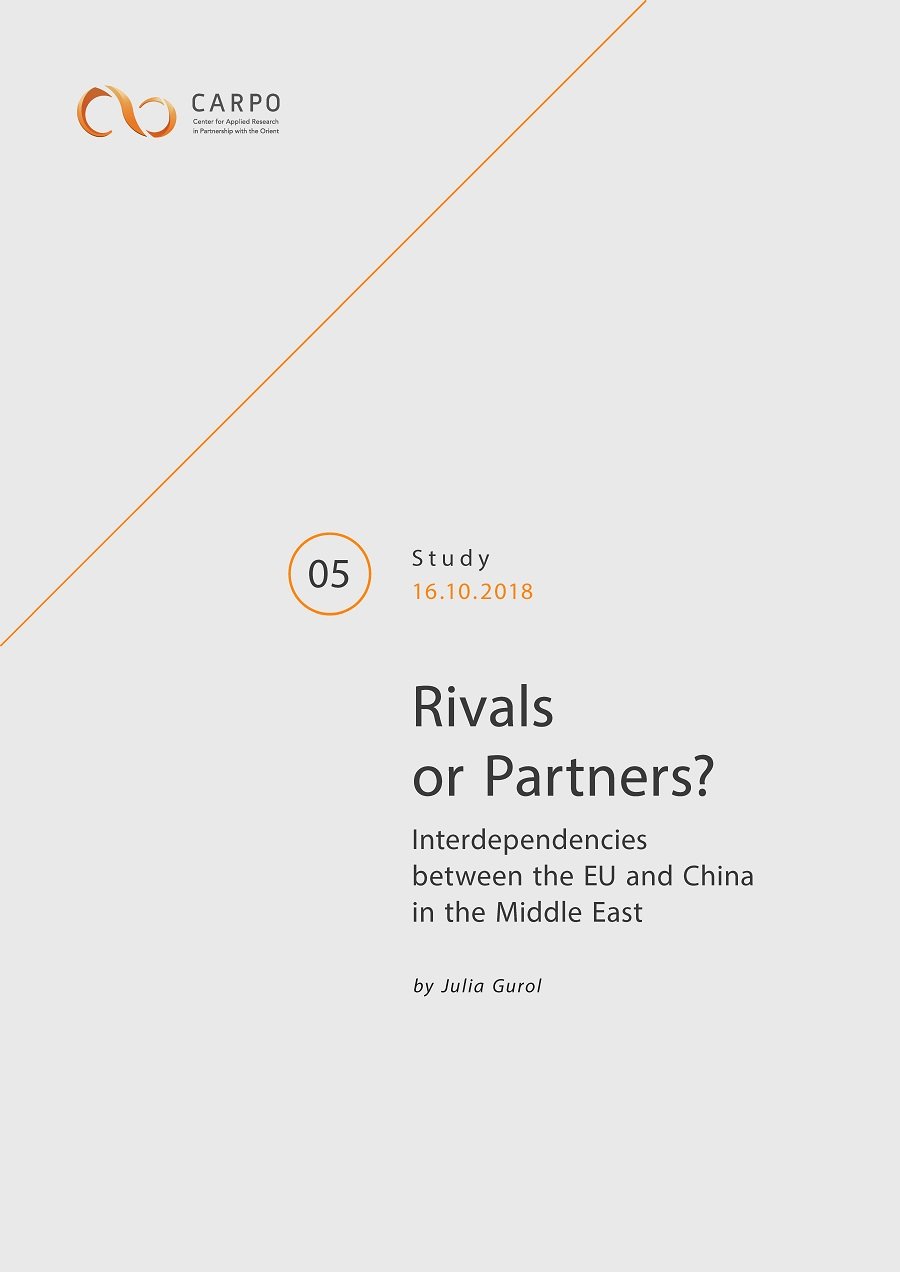

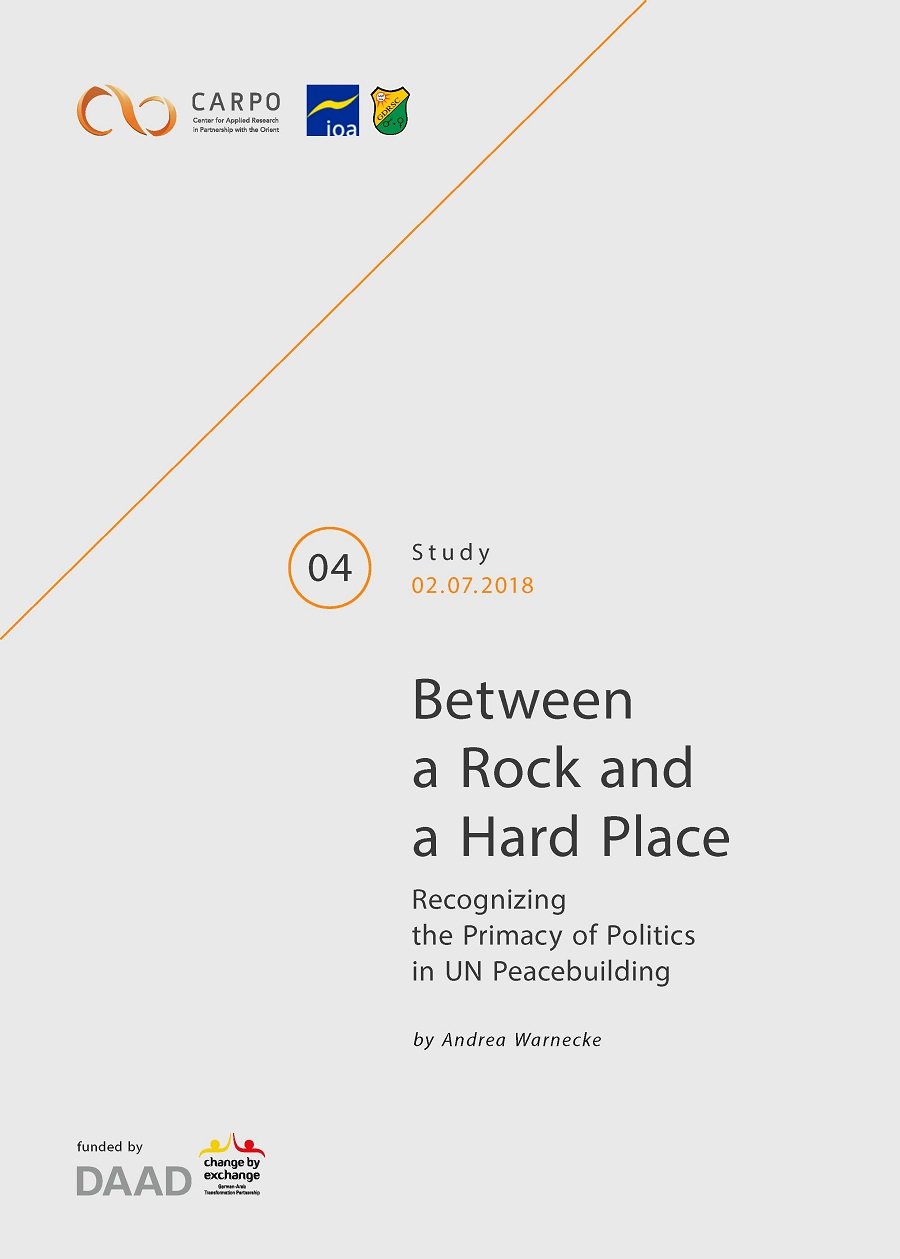
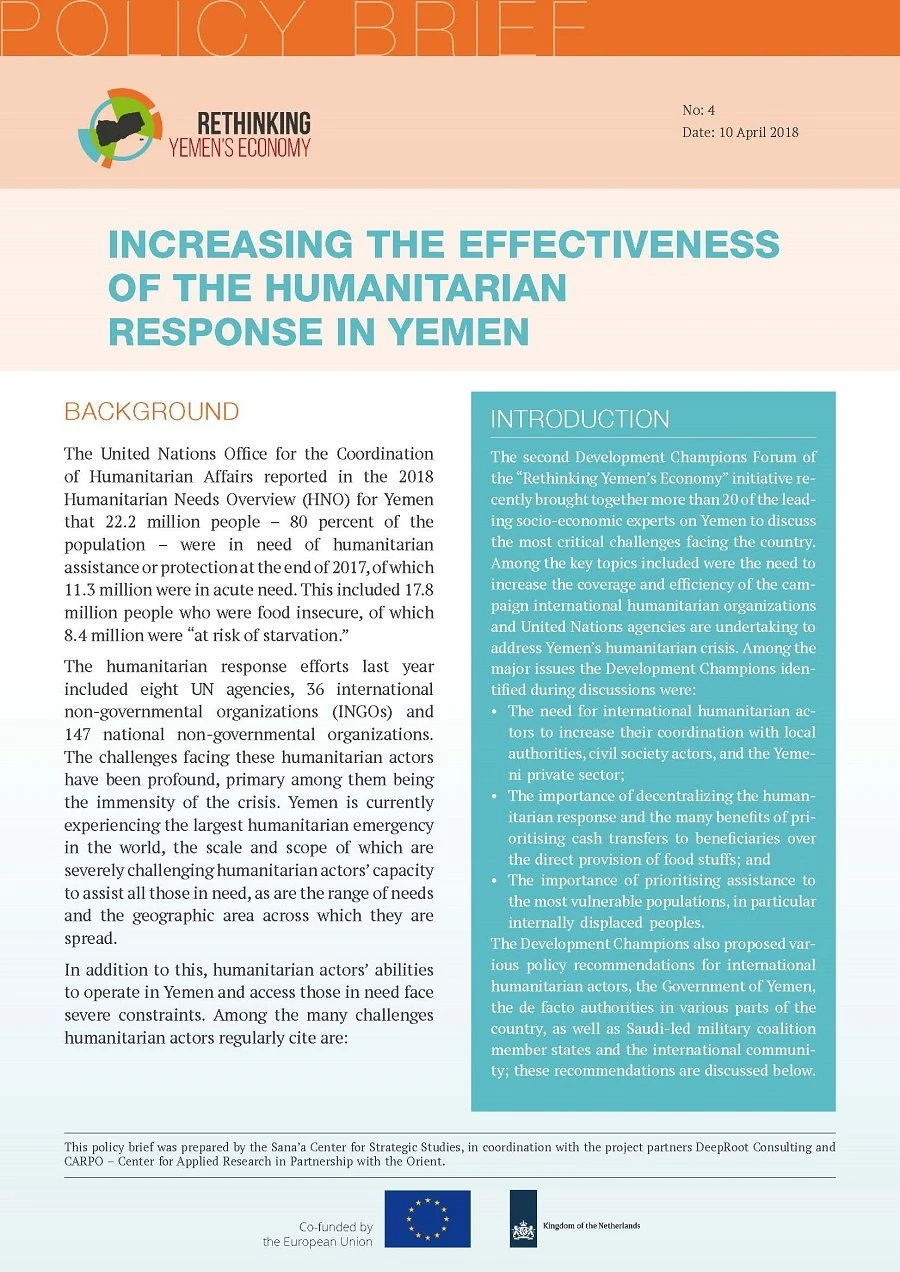
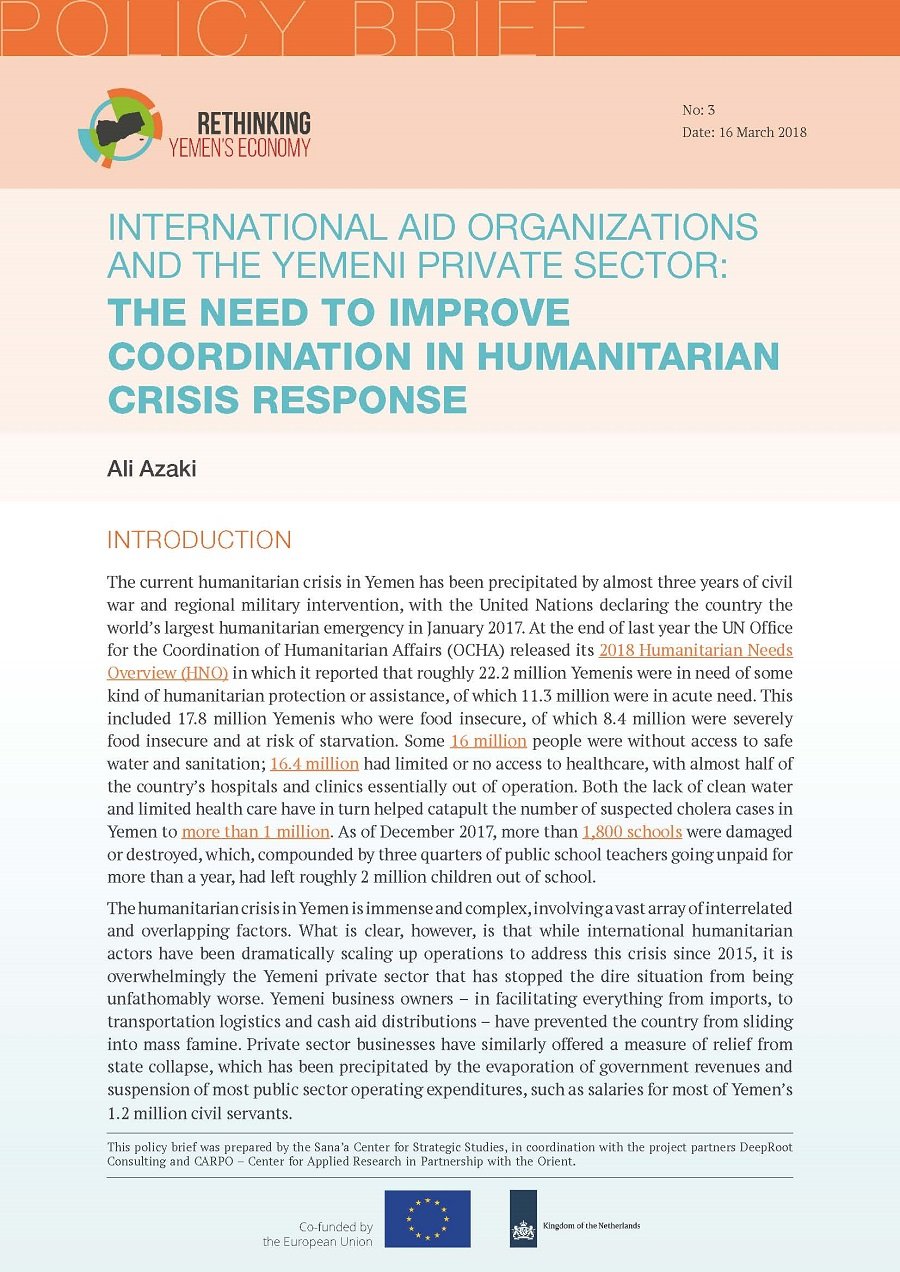



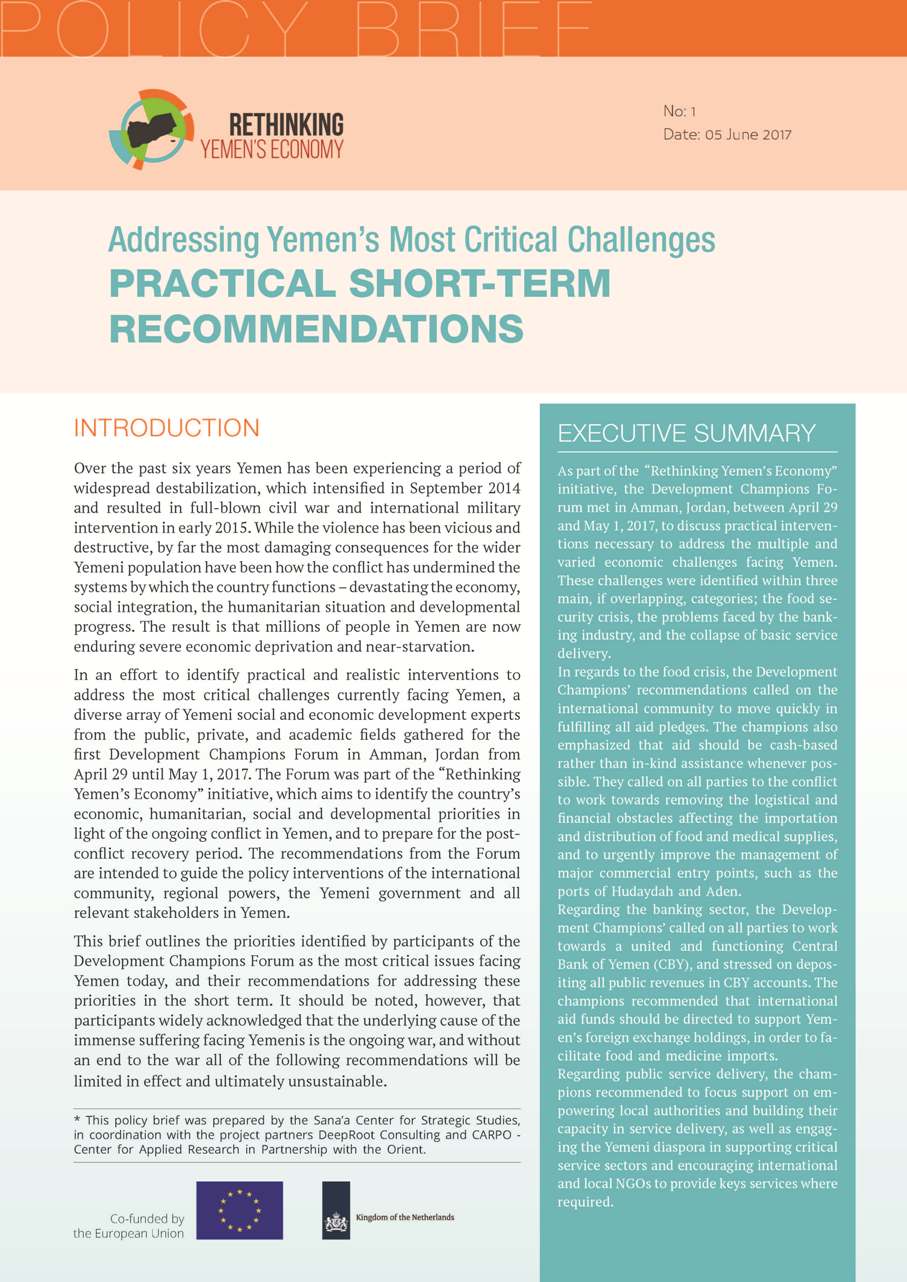


![Aden 1986 – The Forgotten Evacuation [in German]](https://carpo-bonn.org/wp-content/uploads/2019/08/Carpo_Study_02_Cover.jpg)
![The GDR, Honecker and the South Yemen Crisis of 1986 [in German]](https://carpo-bonn.org/wp-content/uploads/2019/08/Carpo_Study_01_Cover.jpg)
